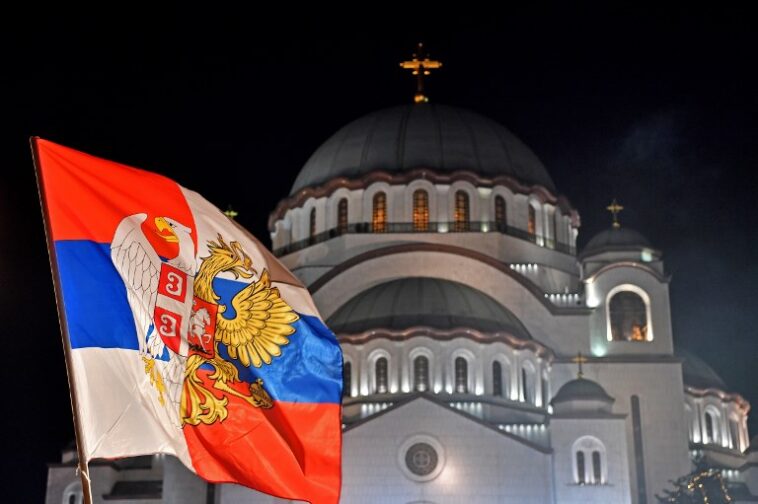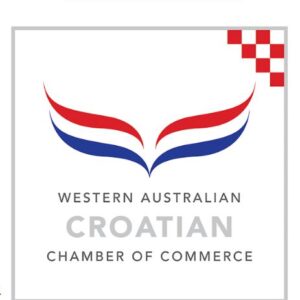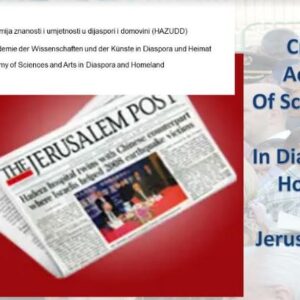In June 2020, I wrote an article titled: Why the Serbian Orthodox Church will not survive democracy, where I said among other things, “The past few years however has seen the [Serbian Orthodox Church] SPC come under increased pressure from within, and unlike in places like China, where Christianity acts as a counterweight to the oppressiveness of Communism, it is the spread of democracy that threatens the future viability of the SPC.
This ‘incompatibility’ has been most recently manifested in December 2019, when the small Balkan state of Montenegro passed a law on religious freedom that registered as state property all religious buildings and sites formerly owned by the independent kingdom of Montenegro before it became part of the Serb-dominated Yugoslavia in 1918.”
Fast forward to September 2021, and we have an unfolding crisis in Montenegro. According to a number of Western media reports: Protesters clashed with hundreds of riot police in the old capital of Montenegro on Saturday [September 4], setting up blockades of tires and large rocks ahead of the inauguration of the new head of the Serbian Orthodox Church in the small Balkan nation….hundreds of protesters confronted the police in Cetinje and briefly removed some of the protective metal fences around the monastery where the inauguration of Mitropolitan Joanikije is supposed to take place. Montenegrin state RTCG TV said the protesters broke through a police blockade at the entrance to Cetinje and threw stones at them, shouting “This is Montenegro!” and “This is not Serbia!”
Waving red Montenegrin flags with a double-headed eagle, protesters then set up road barriers with trash containers, car tires and large rocks to prevent church and state dignitaries from coming to the inauguration on Sunday.
Like a dying star spewing out the last vestiges of its light and energy as its collapses in on itself, the SPC is wildly thrashing in all directions in order to forestall the inevitable collapse of its power in the Balkans.
The end result of this struggle will determine the long-term future of not just Serbia and Montenegro, but also Bosnia & Herzegovina, Macedonia and also the Republic of Croatia as well, where the Serbian minority still holds various levels of political power, power that is manifested via the SPC.
Once removed, from the socio-politically fertile soil of dictatorship, the SPC knows that it will wither, like a flower in a desert as was pointed out by Dragan Šljivić and Andrijana Maksimović in their 2018 study, Orthodox Christians and democracy in Serbia.
“… the relationship of Orthodoxy and democracy is often posed as a discussion of two opposing concepts. We can call this ‘the thesis of incompatibility’, which contains the view that the Orthodox Church has formed dominant Orthodox societies, so that it now faces difficulties in democratization and democratic consolidation,” they wrote.
Not only is the SPC losing the battle of globalisation, modernity and the disruptive influence of the Internet, it has all but lost the battle for political relevancy in all of the former Yugoslavia.
That is why these events in Montenegro are so critical.
This anathema between western democratic ideals and Serbian Orthodoxy was pointed out by Radoslav Bigović who wrote in The Orthodox Church in the 21st Century: “Democracy is based on such ideological foundations, which are different and even contrary to Christianity.”
With true Greater Serbian (i.e. imperial) arrogance, Bigović claims: “The Church has a duty to “demystify” democracy, to deny it any form of misappropriation of absolute value and significance, which should be recognized only as conditional and relative.”
Therefore some 800 years after its initial founding, the fear within the ruling clique of the SPC is both visceral and real, as it realises all too well that it will be eventually toppled not by Babylonian paganism, but rather, by the democratic ballot.
And that notion is now being realised in the small Balkan nation of Montenegro, which is suffering a Talibanesque-like assault on its democracy, its institutions, and its national identity.
Quite literally, the SPC is trying a last-bid attempt to set up its very own mini-state in order to be able to project power throughout the entire region.
Whoever wins this final Battle for the Balkans will determine whether the future direction of the entire region for the next century will lean towards the West or towards the East, specifically Moscow.
You can be sure Russian strongman Vladimir Putin is keeping a close watch on this weekend’s events in Montenegro.
Europe and the US should do the same.




